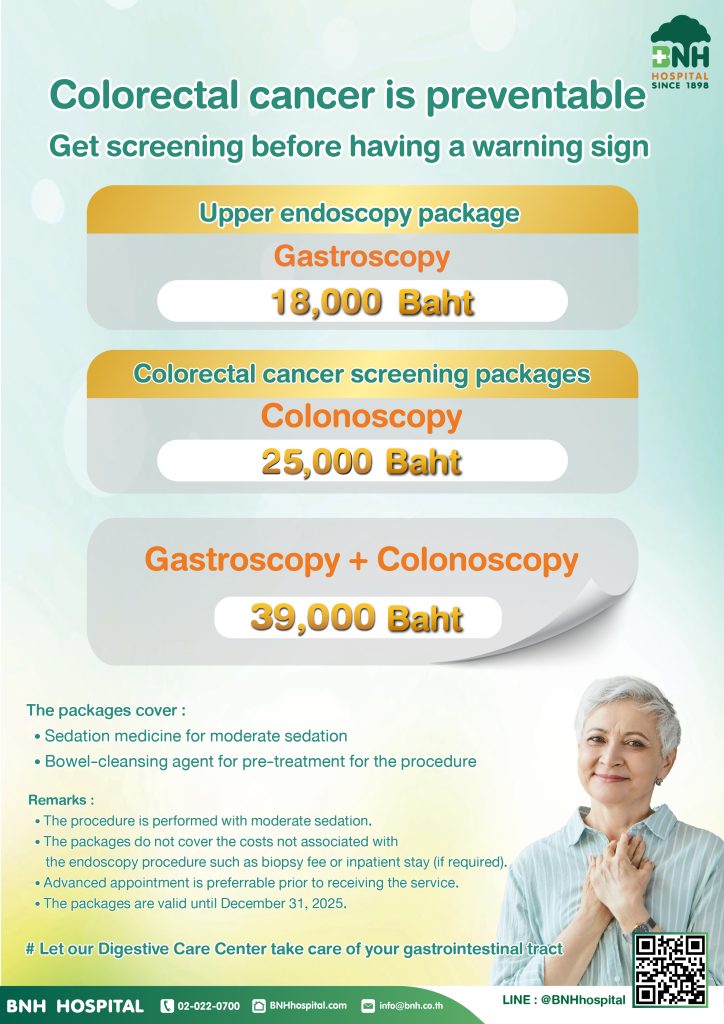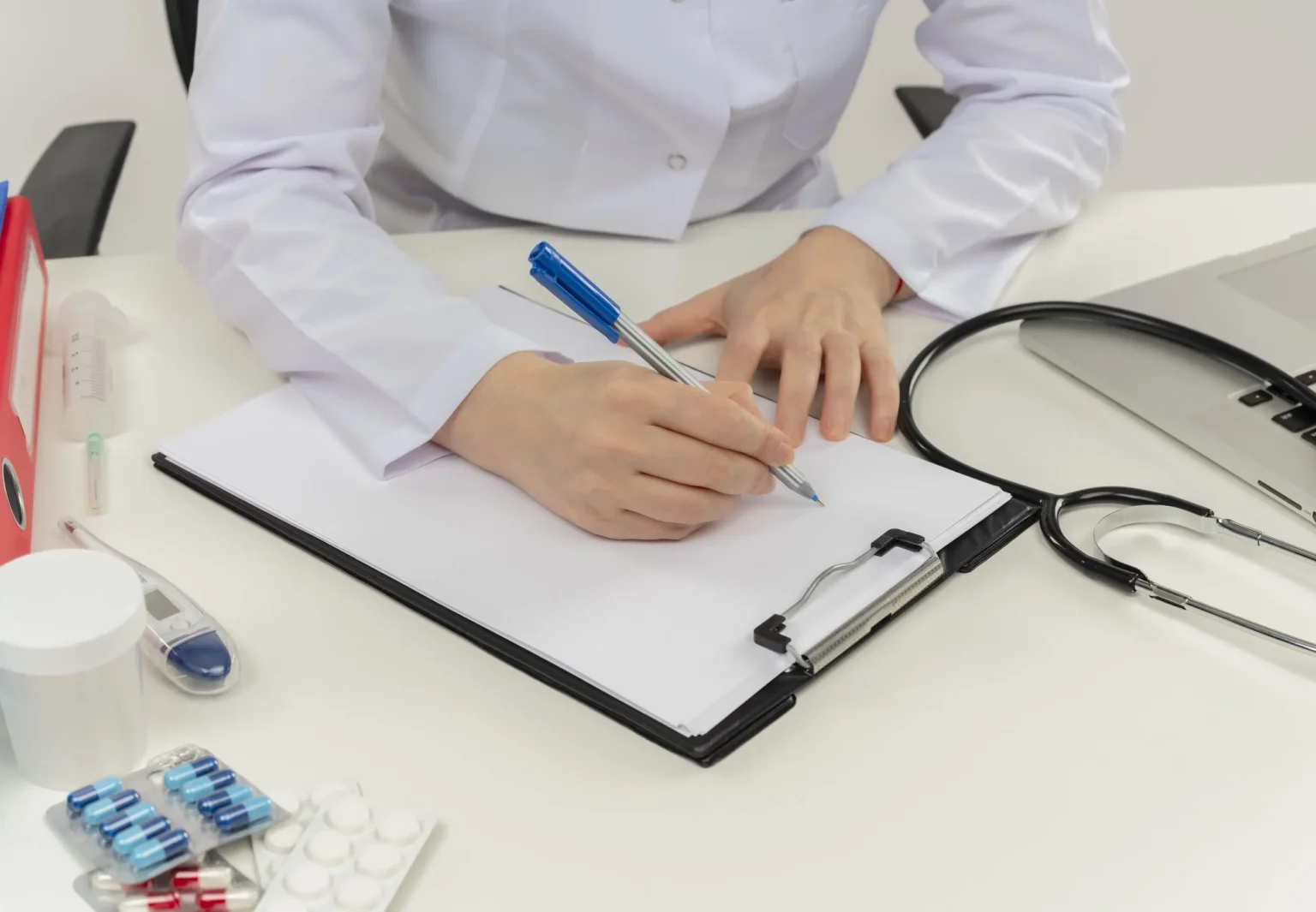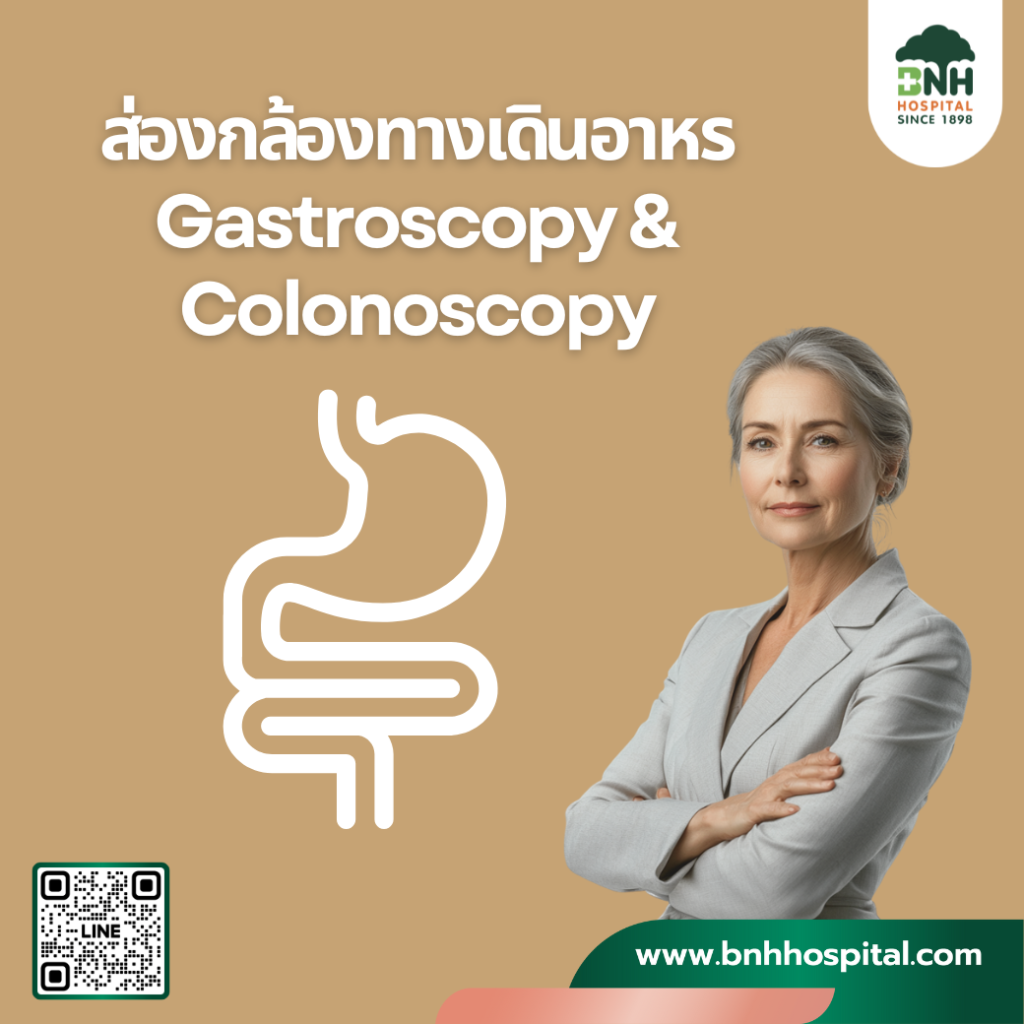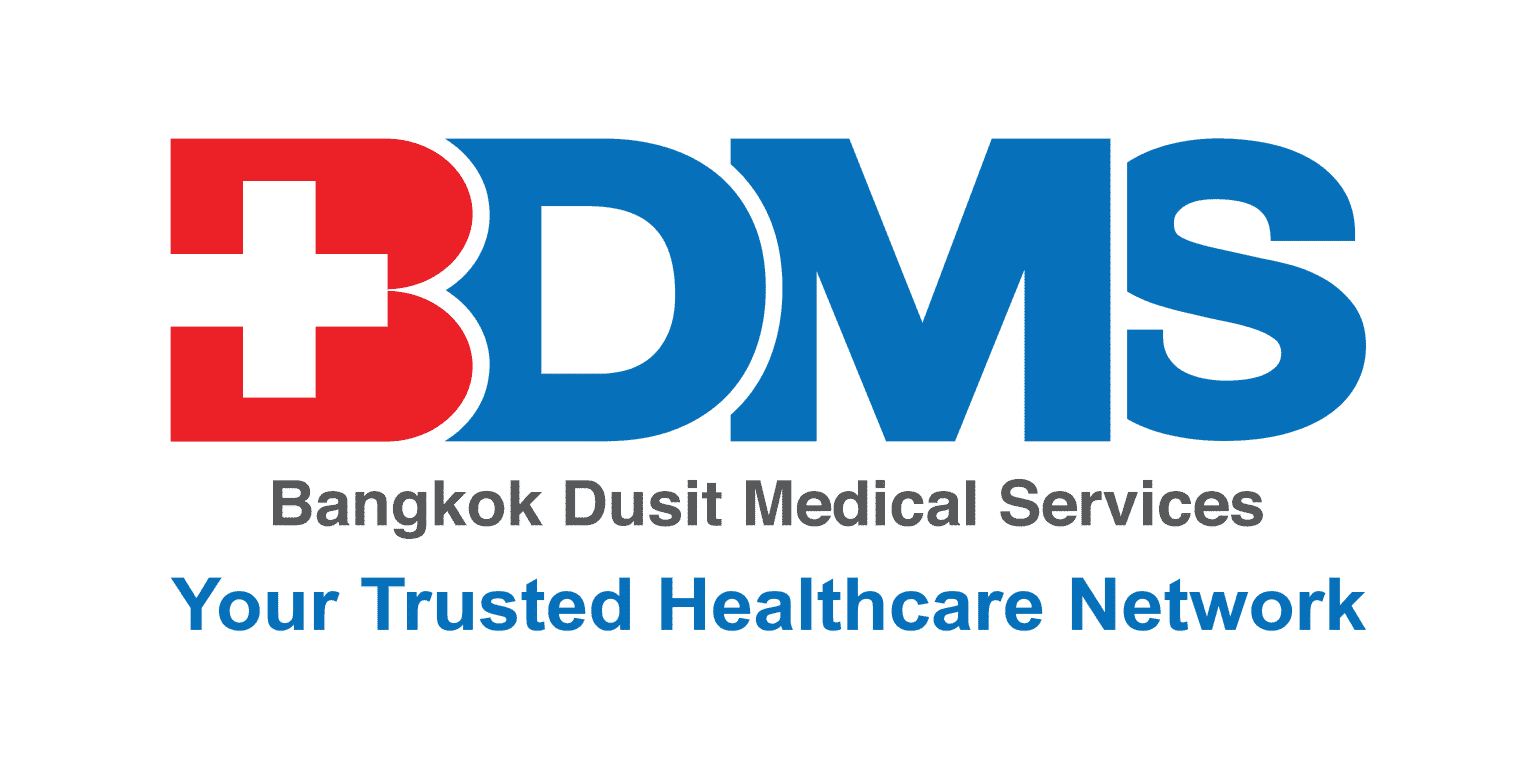
Gastroscopy: A Window into Your Digestive Health
Stomach-related disorders can have severe consequences, including life-threatening conditions like stomach cancer, a leading cause of cancer-related deaths worldwide. Early detection is crucial for successful treatment.
To ensure optimal digestive health, a gastroscopy can be a valuable tool. This procedure involves using a small camera to examine the inside of your stomach, allowing your doctor to accurately diagnose abnormalities in the upper digestive tract, including the esophagus, stomach, and duodenum.
Gastroscopy is particularly useful for patients experiencing digestive symptoms that cannot be identified through traditional methods. By detecting issues early, this procedure can contribute to effective prevention and treatment.

What is a gastroscopy? What can you see?
A gastroscopy is a medical procedure that allows doctors to visually examine the upper part of your digestive system. This includes the esophagus, stomach, and the first part of the small intestine (duodenum). During a gastroscopy, a thin, flexible tube equipped with a tiny camera (gastroscope) is gently inserted through your mouth into your digestive tract. This real-time visualisation enables doctors to identify and assess various conditions such as inflammation, ulcers, or tumor formation.
An endoscopy can also help collect tissue samples for further examination for accurate diagnosis, such as testing for H. pylori infection, which is a major factor in the development of stomach cancer.

Indications for gastroscopy
Gastroscopy is often used when a doctor suspects that a patient may have an upper gastrointestinal disorder. The main indications for gastroscopy are:
- Chronic abdominal pain If you have had abdominal pain for 4 weeks or more that does not respond to medication, gastroscopy can help find the exact cause, such as stomach ulcers or inflammation of the esophagus, stomach infection.
- Gastroesophageal reflux disease (GERD) If you have heartburn or sore throat from acid reflux, gastroscopy can help the doctor see the condition of the esophagus and assess the severity of the acid reflux.
- Difficulty swallowing or sore throat Difficulty swallowing may be caused by esophageal stenosis or tumors.
- Vomiting or bloody stools If you are vomiting blood, gastroscopy can identify the cause and help stop the bleeding.
- Unexplained weight loss Unexplained weight loss can be a sign of an abnormality in the digestive system, such as stomach cancer.

Why do gastroscopy?
Gastroscopy is an important procedure to check for symptoms or conditions related to the upper gastrointestinal tract, especially in cases that cannot be detected by conventional methods. This examination is highly accurate, allowing the doctor to clearly see the esophagus, stomach, and duodenum, which helps in making an accurate diagnosis.
In addition, gastroscopy allows the doctor to perform preliminary treatment, such as stopping bleeding from gastrointestinal ulcers, taking biopsies for pathological examination, or treating esophageal stenosis. The important reasons for gastroscopy are as follows:
- Diagnose symptoms that cannot be clearly identified. If you have symptoms related to the gastrointestinal tract that cannot be diagnosed by preliminary examination, such as chronic abdominal pain, acid reflux, difficulty swallowing, or nausea, gastroscopy allows the doctor to clearly see inside the stomach and duodenum, allowing them to accurately detect abnormalities, such as stomach ulcers, inflammation, tumors, or H. pylori infection.
- Find the cause of chronic acid reflux or stomach pain. Endoscopy can check for inflammation or lesions caused by gastroesophageal reflux disease (GERD) or other inflammatory conditions that cause chronic abdominal pain. This direct diagnosis allows the doctor to plan the appropriate treatment immediately.
- Detect cancer in the early stages Gastric and esophageal cancers often do not show symptoms in the early stages. Endoscopy can detect cancer in its early stages or at a stage where it has not spread. Early detection increases the chances of cure and reduces the risk of death.
- Examination to find the cause of bloody vomiting or bloody stools. Endoscopy can immediately identify the cause of bleeding in the stomach or upper small intestine, allowing the doctor to perform initial treatment, such as stopping the bleeding or taking a biopsy for further examination.
- Treatment of esophageal stenosis or obstruction. In cases where there is difficulty swallowing due to esophageal stenosis due to disease or injury, endoscopy allows the doctor to immediately dilate the esophagus. Or in cases where there is a mass or obstruction in the digestive tract, endoscopy helps to remove foreign objects.

Benefits of Gastroscopy
Gastroscopy has several advantages that make it an important tool in the diagnosis and treatment of diseases in the digestive system:
- Accurate and reliable diagnosis. Gastroscopy allows doctors to see the condition of the digestive tract in real time, allowing detailed diagnosis of problems, such as early detection of ulcers or tumors that may be cancerous. If polyps or tumors are found, they can be cut off for immediate examination.
- Initial treatment. In some cases, doctors can perform treatment during the endoscopy, such as stopping bleeding, dilating the esophagus, or taking a biopsy to test for cancer.
- Convenience and safety. Gastroscopy is a procedure that does not require hospitalization. Most patients can go home the same day, and the chances of complications are very low.
- Detection of asymptomatic conditions. Gastroscopy can help detect asymptomatic conditions, such as small ulcers in the stomach that may develop into larger problems in the future, as well as detect pathogens that cause illness or cancer.
Diseases of the upper gastrointestinal tract and stomach
The upper gastrointestinal tract is made up of the esophagus, stomach, and first part of the small intestine, which play a key role in digesting food and absorbing nutrients. There are many types of diseases of the upper gastrointestinal tract and stomach, and they can severely affect the digestive system. This article will discuss common diseases and conditions related to the upper gastrointestinal tract and stomach.

1. Gastroesophageal Reflux Disease (GERD)
GERD is caused by stomach acid flowing back up into the esophagus, causing heartburn and possibly inflammation of the esophagus. If left untreated, it can lead to complications such as chronic esophagitis or esophageal stricture.
● Symptoms: Heartburn, difficulty swallowing, nausea, sour burping
● Treatment: Use of antacids, modification of eating habits, surgery in severe cases
2. Peptic Ulcer Disease
Peptic ulcers are caused by stomach acid eroding the lining of the stomach, causing ulcers. Helicobacter pylori infection and the use of nonsteroidal anti-inflammatory drugs (NSAIDs) are the main causes of peptic ulcers.
● Symptoms: Abdominal pain after meals, flatulence, nausea, vomiting
● Treatment: Use antibiotics to eliminate H. pylori, antacids, avoidance of NSAIDs
3. Gastritis
Gastritis is an inflammation of the stomach lining, which can be temporary or chronic. The main risk factors include H. pylori infection, alcohol consumption, or overuse of NSAIDs.
● Symptoms: Abdominal pain, nausea, vomiting, flatulence
● Treatment: Antacids, eradication of H. pylori, avoidance of alcohol and NSAIDs
4. Stomach Cancer
Stomach cancer is a common cancer in Asia, especially East Asia, and often does not show symptoms in the early stages. Risk factors include H. pylori infection, genetics, consumption of diet that high in salt, smoking, and drinking alcohol.
● Symptoms: Abdominal pain, weight loss, vomiting, gastrointestinal bleeding
● Treatment: Surgery, chemotherapy, radiation
5. Esophagitis
Esophagitis is caused by irritation of the lining of the esophagus, which can be caused by acid reflux, infection, alcohol consumption, or smoking.
● Symptoms: Pain or burning in the esophagus, difficulty swallowing, chronic cough.
● Treatment: Antacids, antibiotics in case of infection, avoidance of foods that trigger symptoms.
6. Esophageal Stricture
This condition is caused by a narrowing of the esophagus. It may be caused by chronic inflammation from acid reflux or injury to the esophagus, making it difficult for the patient to swallow.
● Symptoms: Difficulty swallowing, food stuck in the throat, weight loss
● Treatment: Esophageal dilatation with special instruments, surgery in severe cases
7. Barrett’s Esophagus
Barrett’s esophagus is a condition caused by chronic irritation from acid reflux, which causes the cells in the esophagus to change. This condition is a risk factor for esophageal cancer.
● Symptoms: Symptoms are similar to acid reflux, but there is a risk of cancer.
● Treatment: Periodic monitoring, antacids, surgery if at high risk of cancer.

Things to know about gastroscopy
1. Preparation before the examination
- Stop taking blood thinning medications such as Aspirin, Warfarin, Ticlid, Clopidrogrel or NSAIDs at least 5 days before the examination.
- Do not bring valuables on the day of the endoscopy. Those who wear dentures or contact lenses should remove them before entering the examination room.
- Inform the doctor of any history of drug allergies and history of chronic diseases such as heart disease for consideration and consultation with a specialist on a case-by-case basis.
- Do not eat or drink water 8 hours before the gastroscopy on the day of the examination.
- Patients must sign a consent form before the examination. In the case of patients under 20 years of age, a parent must sign the consent form instead. The doctor will explain the benefits and complications of the procedure.
2. During the examination
During the endoscopy, the patient will be given local anesthesia or sedatives to help them relax. This examination takes about 15-30 minutes.
3. After the examination, the patient will feel a slight irritation in the throat, which will disappear soon. They should rest and avoid driving or working that requires concentration. Due to the effects of the drug
- After the endoscopy, the patient should rest in bed for about 30-60 minutes or until fully awake.
- Observe any abnormal symptoms that may occur, such as in patients who have had their esophagus dilated, if the patient has severe pain in the neck, chest, difficulty breathing, bleeding, or feels air under the skin, immediately notify the examining doctor.
- The numbness in the throat will disappear within 1 hour. During this time, refrain from eating and drinking until the numbness disappears. When the numbness in the throat disappears, try sipping water. If there is no choking, you can drink water. For the first meal, eat soft and cold food. Do not eat hot food because it may irritate the throat. In some cases, there may be slight soreness in the throat due to the insertion of the endoscope, but the symptoms will disappear soon.
- Patients should come to see the doctor as scheduled.
- Patients who have received sedatives during the endoscopy must not drive home after the procedures as the sedative effects can last up to 24 hours.

Don't wait until something goes wrong. Get your digestive health checked today.
If you have symptoms related to your digestive system, such as chronic stomach pain, acid reflux, or difficulty swallowing, a gastroscopy is the best option to find the cause and prevent future upper gastrointestinal problems. This health checkup will not only help you get an accurate diagnosis, but also help you ensure that your digestive health is in good condition.
Who should get a gastroscopy?
A gastroscopy is often recommended for people who have the following symptoms:
● Chronic stomach pain or bloating
● Chronic heartburn or acid reflux
● Recurrent heartburn and epigastric pain
● Heartburn that does not improve with medication
● Heartburn and a family history of stomach cancer
● Signs of stomach cancer, such as unexplained weight loss, bloody or black stools
● Difficulty swallowing
● Vomiting or bloody stools
Make Your Gastroscopy Experience Simple and Hassle-Free.❗️
Eliminate Long Waiting Times! Digestive Care Centre, BNH Hospital
Comprehensive Services Available Every Day. No matter the time morning, late morning, afternoon, or evening our Digestive Care Centre at BNH Hospital is ready to provide full-service gastroscopy procedures daily.
Convenient and Reliable: Begin your bowel preparation in the morning and undergo the gastroscopy procedure in the afternoon.
Specialized Care: Our expert nurses provide close supervision and attentive support throughout every step of your bowel preparation process.
No Additional Costs: Bowel preparation services are included at no extra charge.
Your comfort and confidence are our priorities. Trust us for seamless, professional digestive care.
Gastrointestinal Endoscopy at BNH Hospital
- Expert Specialists: BNH Hospital boasts a team of highly skilled gastroenterologists who are experienced in performing gastroscopies and interpreting the results. Their expertise ensures accurate diagnoses and appropriate treatment recommendations.
- Advanced Technology: The hospital is equipped with state-of-the-art medical equipment, including advanced endoscopy systems using AI and NBI technology from Japan. This technology allows for clear visualisation of the gastrointestinal tract, increasing the accuracy of the procedure.
- Patient Comfort: BNH Hospital is known for its patient-centred approach, offering a comfortable and supportive environment. Bowel preparation facilities are provided in a private setting to minimise patient anxiety and discomfort, even when patients are on their own.
- Patient Comfort: If a colonoscopy is also scheduled, BNH Hospital’s team of specialised nurses will provide comprehensive care, including administering appropriate laxatives at the right time. This ensures a smooth and comfortable bowel preparation process, minimising discomfort and avoiding issues like incomplete or painful bowel movements, especially when traveling.
- Patient Comfort: Experience a convenient and comfortable one-day colonoscopy, from preparation to procedure.
Comprehensive Care: BNH Hospital provides a comprehensive approach to patient care, from pre-procedure preparation to post-procedure follow-up. Should any abnormalities be detected during the colonoscopy, BNH Hospital is equipped to provide seamless and comprehensive

Article By
Luksana Chokrungvaranont, M.D.
Digestive Care Centre
Doctor’s Schedule
| Day | Time | Location |
|---|---|---|
| Monday | 08:00 – 15:00 | Digestive Care Centre |
| Tuesday | 08:00 – 17:00 | Digestive Care Centre |
| Wednesday | 10:00 – 18:00 | Digestive Care Centre |
| Friday | 08:00 – 16:00 | Digestive Care Centre |
| Sunday | 08:00 – 16:00 | Digestive Care Centre |

Gastroscopy & Colonoscopy Package
Another dangerous cancer that often appears without warning signs is colorectal cancer.
” Don’t be complacent! Colon cancer can be cured if detected at an early stage. “
Gastroscopy 18,000 THB
Include
- Doctor’s fee for gastroscopy
- Endoscopy room fee
- Preparation room fee
- Laxative medication fee
- Anesthesia fee (sedation)
- Medical equipment and instrument fee
- Hospital service fee
Colonoscopy 25,000THB
Include
- Doctor’s fee for colonoscopy
- Endoscopy room fee
- Bowel preparation room fee
- Laxative medication fee for bowel preparation
- Anesthesia fee (sedation)
- Medical equipment and instrument fee
- Hospital service fee
- Recovery room fee
Gastroscopy + Colonoscopy 39,000THB
- Doctor’s fee for gastroscopy
- Doctor’s fee for colonoscopy
- Endoscopy room fee
- Bowel preparation room fee
- Laxative medication fee for bowel preparation
- Anesthesia fee (sedation)
- Medical equipment and instrument fee
- Hospital service fee
- Recovery room fee
- Please make an appointment in advance.
- This price includes doctor fees and hospital service fees.
- This package includes an anaesthesia for the endoscopy (moderate sedation).
- This package does not include a general anaesthesia fee conducted by an anaesthesiologist, if required.
- This package does not include additional fees other than for the endoscopy itself, such as additional biopsy tests, room and board in the case of inpatient stay (admission), and medication and treatment of other illnesses.
Service Location: Digestive Care Centre, 3rd Floor, Zone B, BNH Hospital
Operating Hours: Monday–Sunday, 8:00 AM–5:00 PM.








